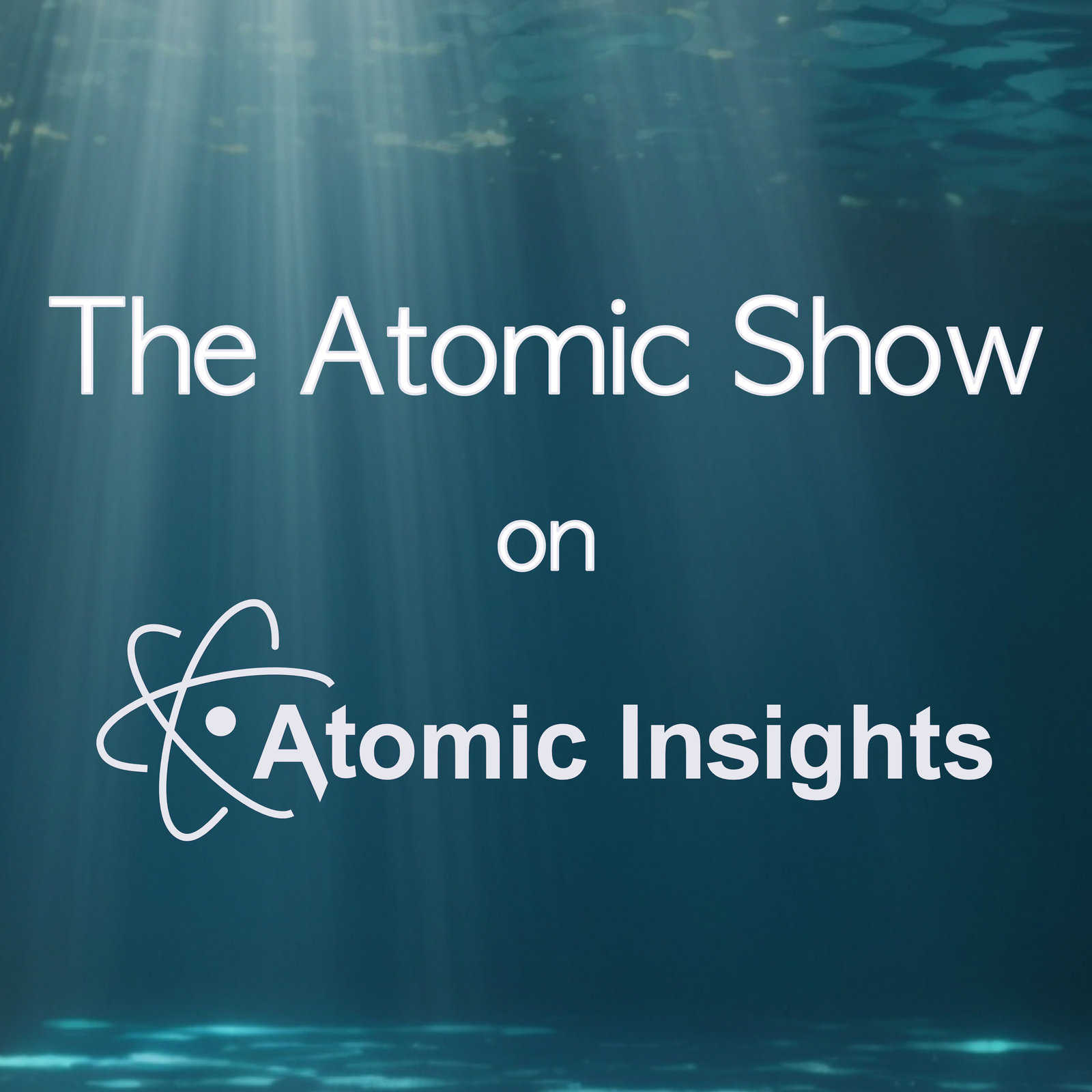Atomic Show #279 – Michael Shellenberger talks about Apocalypse Never

Michael Shellenberger's new book, Apocalypse Never: Why Environmental Alarmism Hurts Us All has provoked numerous reactions and conversations. It is a carefully researched, 400 page work where 25% of the book is endnotes that document sources for the statements in the book. Michael is a stranger to the "go along to get along" mode of thinking, writing and speaking. By clearly stating his positions, he generates strong reactions among those who either agree or disagree. His book documents extensive travels and deep conversations that have led him draw challenging conclusions about many current issues. He asserts that nuclear weapons are not going to be abandoned. He believes that those who focus their concerns on those horrific devices should be doing everything they can to prevent their use instead of expending effort in a fruitless pursuit of a nuclear weapons-free world. An important part of reducing risk for nuclear weapons use is to continue to promote development and eliminate scarcity wherever possible. He notes that cities, factories and increasingly productive agriculture are a proven part of lightening human impacts on the natural environment. They concentrate people and allow more space for nature to flourish. They are also the means by which currently wealthy nations have become wealthy; denying those useful development paths to poor nations solidifies poverty. He asserts that vegetarianism is an ideology or religion that is strongly influenced by a disgust reaction and that its importance for stabilizing climate has been exaggerated. He acknowledges that competitors have played a role in the war against the atom, but he believes most campaigners are sincere even if they have been misinformed or misled by their peer groups to fear nuclear energy and radiation. (I maintain that money is far more important than ideology, but there is always room for different opinions.) Michael is a thinker, a researcher and a writer who makes a strong case for environmental humanism. He acknowledges that human society has many issues that need to be forthrightly addresses by the best available means, but he is firm in his conclusion that it is counter productive to attempt to stimulate action by frightening people with exaggerated scenarios not backed by solid science. Please join in the discussion. As always, your comments are welcome.